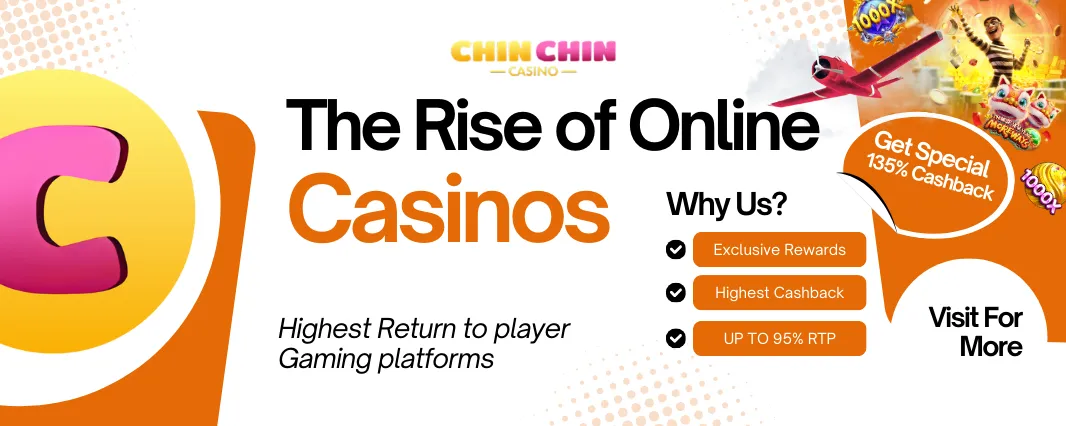
Most people think their www wsb co za login is safe because it’s just another online account. That’s a bad bet. If you reuse passwords, click strange links, or ignore two-factor authentication, hackers might be able to walk right in.
The truth? Even a simple mistake—like using your birthday as a password—can cost you money or mess up your account. Hard fact: more than 80% of breaches start with weak or stolen login details. Don’t give attackers that head start.
Want practical ways to shut them out? Stick around. I’m going to show you what actually works to make your login process smooth, hassle-free, and most importantly, safe—for every single session.
- Must-Know Login Dos and Don’ts
- Recognizing and Dodging Scams
- Creating Strong Passwords That Stick
- Keeping Your Account Secure After Login
Must-Know Login Dos and Don’ts
Let’s clear up the basics first. If you’re logging into www wsb co za, your habits matter more than you think. One small slip—like logging in on public Wi-Fi or ignoring browser warnings—can put you in a world of trouble.
Here’s the stuff you must do every time, and the stuff you really, really need to stop:
- Always check the website address: It must be “https://www.wsb.co.za”. Scammers sometimes build fake sites that look almost identical but use weird addresses or small typos.
- Use private devices for login. Internet cafés and shared computers are a gift to hackers—your info gets stored or stolen way too easily.
- Keep your browser up to date. Old browsers are easy to hack. Most big breaches use old browser flaws.
- Never share your password—not even with someone from “support.” Real customer support will never ask for it.
- Don’t save your password in browser popups if you share your device. Anyone using your device can get in, even by accident.
- Don’t click on login links sent by email or WhatsApp unless you’re 100% sure it’s from the real source. Type the web address yourself.
It’s not just talk—check out how often poor logins get people into trouble:
| Login Mistake | Risk Level | How Common |
|---|---|---|
| Reusing passwords | High | Over 60% of users (according to a 2024 Deloitte report) |
| Logging in on public Wi-Fi | Very High | 1 in 4 say they do this “often” (source: Norton Cyber Safety survey) |
| Ignoring browser warnings | Medium | Nearly 40% click through anyway |
If there’s just one thing to remember, let it be this: secure login habits save you from headaches and real losses. Play it safe every single time. It really is that simple—smart habits work.
Recognizing and Dodging Scams
Scammers love to target popular sites like www wsb co za because people log in often for quick access and sometimes let their guard down. Fake login pages, dodgy emails, and WhatsApp messages asking for your info—these tricks get more common every year. According to the Anti-Phishing Working Group, over 500,000 fake login pages were recorded worldwide just last year. That’s a big jump from earlier years.
Here’s what to watch out for if you want to keep your wsb login safe from these traps:
- Check the link twice. Only log in at https://www.wsb.co.za. A single letter off (like wsbb.co.za) can ruin your day.
- Ignore emails or texts that want your password. No real support agent will ever ask for it.
- Look for the padlock symbol. That means the site is secure. If it’s missing, hit the brakes and don’t enter your info.
- Strange WhatsApp or SMS messages? If it feels off, don’t click anything—scammers send links that take you to fake clone sites.
- Misspellings or weird greetings in emails. “Dear User” or “Urgent action required!!!”—these are hallmarks of a scam.
Still not sure if something’s fake? Compare stats:
| Phishing Type | Frequency (2024) |
|---|---|
| Fake Login Pages | 510,000+ |
| Scam SMS ("smishing") | 235,000+ |
| Imitation Support Calls | 100,000+ |
Staying sharp isn’t about being paranoid—it’s just about noticing what the bad actors do. They cut corners, hurry you up, and hope you’re not paying attention. Don’t let them rush you. Double-check, pause, and only sign in where you’re certain it’s the real deal.

Creating Strong Passwords That Stick
If you’re logging in to www wsb co za, a weak password is like leaving your front door open. Passwords that are short or based on common words are easy to crack—some hackers can guess them in seconds with simple tools. The best way to protect yourself? Build a password that’s long, weird, and hard to guess, but easy for you to remember.
Skip birthdays, 123456, and anything like “password” or “qwerty.” Believe it or not, "123456" is still the most-used password out there. Mix it up! Use upper and lowercase letters, numbers, and symbols in a random pattern. A good formula is to take a phrase you’ll remember and swap out some letters for numbers and symbols.
- Pick something personal but not public—favorite hobby + random numbers + a symbol.
- Avoid anything related to your name, pet, sports team, or obvious stuff found on your socials.
- Don’t reuse passwords across different sites. If one gets hacked, the rest are easy pickings.
- Try using a password manager to keep all your logins sorted and saved safely.
- Change passwords every few months and especially after hearing about any data leaks.
Here’s how easy (or hard) it is for a hacker to crack different types of passwords according to cybersecurity research:
| Password Type | Time to Crack |
|---|---|
| 6 characters, only numbers | Instant |
| 8 characters, lowercase letters | 3 minutes |
| 10 characters, mixed letters | 3 days |
| 12 characters, mixed letters, numbers, symbols | 34,000 years |
An extra smart move is to set up two-factor authentication (2FA) with your wsb login. That way, even if someone gets your password, they still need your phone or a code to get in. Bottom line: the right password setup is annoying for crooks and a total game-changer for your security.
Keeping Your Account Secure After Login
So you’ve got past the login screen on www wsb co za, but the job isn’t done yet. Hackers love to target users who drop their guard right after signing in. If you want to keep your account safe from sneaky attacks and accidental leaks, a little extra effort goes a long way.
First thing: always log out, especially on public computers or devices that aren’t yours. It only takes a moment for someone to hijack your open session. If you’re using your phone or own device, set up auto-lock and ensure the app or browser times out when you’re not active.
Enable two-factor authentication (2FA) if the platform offers it. Sure, it’s an extra step, but it adds a serious wall between your account and criminals. According to Google, accounts with 2FA are up to 99.9% less likely to get compromised. That’s a stat you can’t ignore.
Be smart about your surroundings, too. Don’t enter your password where others can watch. Even at home, curious eyes or screen recorders can mess up your privacy. And if you ever get an email or pop-up asking you to "verify your details" just after login? That’s a classic phishing trick—close it and double-check the sender before clicking anything.
- Log out every time after using shared computers.
- Change your password if you notice weird activity—like unknown logins or sudden password reset requests.
- Don’t save your password in browsers on shared devices; password managers are safer.
- Check your account activity regularly. If a strange device is listed, boot it off and update your details.
Here’s how far good security practices actually go:
| Security Feature | Risk Reduction |
|---|---|
| Strong, unique password | Reduces breach risk by 50-60% |
| Enabling 2FA | Blocks over 99% of automated attacks |
| Frequent logouts | Keeps sessions private—stops casual hijacking |
Bottom line: taking a few minutes to secure your session after every wsb login just makes sense. Hackers don’t need a lot of time or effort to cause trouble—don’t hand them the tools.


Write a comment